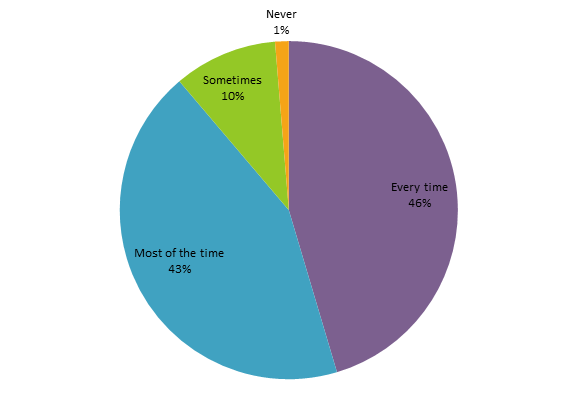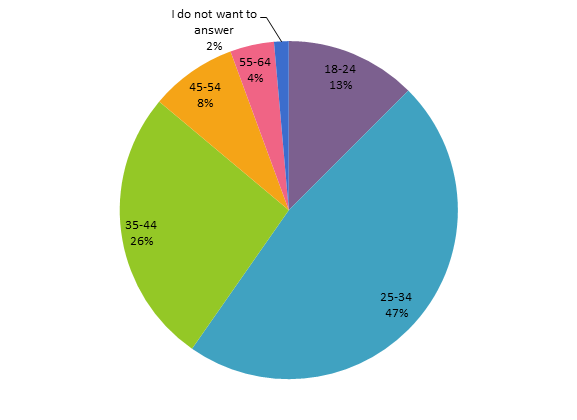Top stories



LifestyleWhen to stop Googling and call the vet: Expert advice on pet allergies from dotsure.co.za
dotsure.co.za 2 days

AutomotiveHilux Custom Builds offers purpose-built solutions for your business
Toyota South Africa Motors 1 day

The report indicates that while desktop bookings still take lead in the flight and hotel booking frontier, mobile devices continue to grow their following, giving a positive edge to retailers who invest on good apps and mobile experience. Mobile bookings increased from 41 percent in Q2 to 44 percent while desktop bookings saw a slight decline from 59 percent to 56 percent in the same period.
Cyrus Onyiego, country manager for Kenya predicts that the trend can only grow, as more shoppers and travellers embrace both mobile and cross-device shopping experience. Terming smartphones as the primary contact for e-commerce, the country manager expresses the need for suppliers to create a seamless purchase process as consumers transit from e-commerce to m-commerce, as well as adopt effective mobile-centric marketing strategies.
Payments and money transactions continue to be a big deal in any e-commerce related business, with consumers still faced with the dilemma of paying at sight vs on site.
Compared to the first half of 2017, Q3 payment preferences took a new turn, with a steep rise in post-pay (pay at hotel) transactions at 69 percent, up from 52 percent. On the other hand, pre-pay customers dropped from the previously recorded 48 percent to end the quarter at 31 percent.
Online transactions are still deemed “risky” by a good fraction of bookers: 73 percent of customers prefer to book with hotels that provide the pay-at-hotel option, while the remaining 27 percent are okay with either. Fraudulent use of payment networks and data are leading causes to this effect.
With no standard policy available to guide hotel practices in relation to this, most providers are left to their own means, sometimes to the detriment of the customer. While hotels implement this policy to shield themselves from customers who might cancel with the intention of securing cheaper rates, the unpredictability of travel does nothing to guide the cancellation time bracket and cost impact.
• Seven percent of the guests check the cancellation policy every time they book while 14 percent say that they take attention of the same most of the time.
• 28 percent of the customers said they “sometimes” check the policy before booking, with 20 percent reporting that they are “never” bothered.
• Majority of customers have not experienced any hotel with a cancellation booking.
Brands that invest in customer experience are highly rewarded through loyalty and unsolicited referrals by customers, thriving on consistency and goodwill, rather than a marketing budget. This automatically drives retention and conversion rates. Hotels with excellent reviews get more bookings than their not-so-well rated counterparts. This is well illustrated by the fact that 89 percent of the guests read reviews every time or most of the time before they book.
• While 10 percent read reviews “sometimes”, only one percent revealed that they do not check on reviews to place a booking.

Leisure trips have always taken the bigger share in domestic tourism. The trend continues to grow, thanks to marketing and awareness campaigns carried locally by stakeholders. In the Q3 survey, leisure travel made up 87.5 percent of total bookings made on Jumia Travel, while business trips accounted for 44.1 percent. The remaining percentile mostly covers family-related visits and societal obligations.
Not surprising, the age bracket 25-35 years make the largest group with 47 percent in online hotel and flight bookings. Having grown in a time of technological revolution, this group loves the on-the-go convenience that comes with online shopping, especially through mobile gadgetry. Making a wave too in the online purchase chain is the equally savvy - but probably yet to achieve financial independence - 18-24-year-olds.

A quick peek at the gender front points to male dominance in the tech-driven online travel industry. Men account for 68 percent of the bookings, while women take up 31 percent. The unaccounted one percent constitutes of customers unwilling to reveal their gender.
